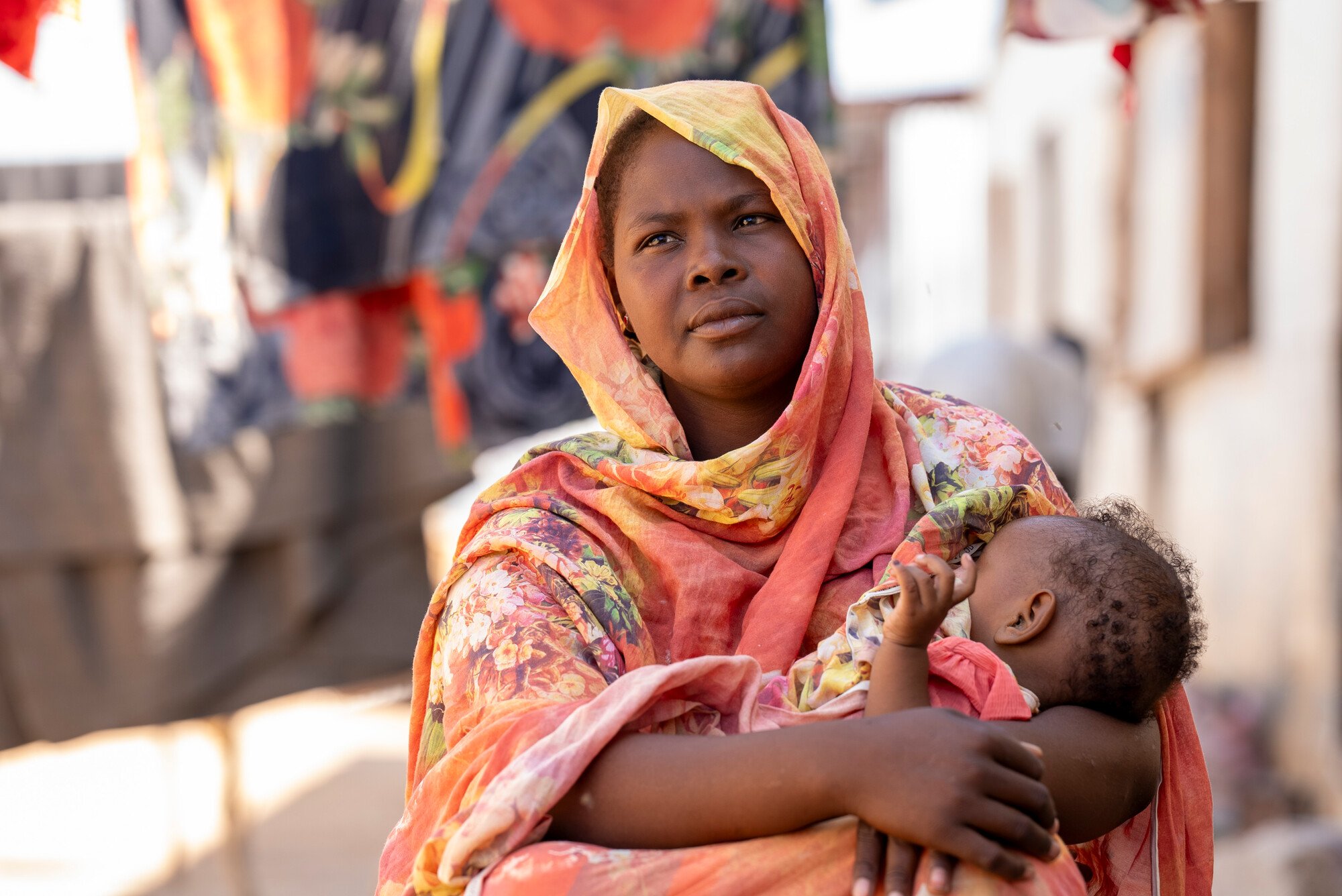There is a surge of cholera cases as Yemen reels from conflict and lack of medical facilities. Oxfam has reached 920,000 with clean water and sanitation, but Yemen needs more support and funds to assist millions suffering from fighting.
Government authorities in Yemen’s capital Sana’a declared a state of health emergency due to an alarming increase in cholera cases.
“This surge of cholera cases is yet another challenge for the Yemeni population who are already at a breaking point, with millions facing famine and over two years of a brutal war,” says Sajjad Mohamed Sajid, Oxfam’s country director in Yemen. “Only a fully funded and prompt humanitarian response will allow aid agencies to prevent cholera from killing more people.”
Sajid’s office says cholera has already killed more than 120 people, and that there are 11,000 suspected cases.
Oxfam is delivering water, sanitation, and hygiene in four governorates in Yemen since July 2015, to help prevent the spread of cholera. The delivery of clean water, the cleaning and chlorination of water sources along with the building of latrines, and the organization of hygiene awareness sessions have benefitted 920,000 people, including 380,000 children. We expect to increase efforts to reach more people to prevent cholera in the coming weeks.
A little-known conflict

People in Yemen are experiencing one of the world’s most serious humanitarian crises. Nearly eight thousand have died (more than half of them civilians), three million have been displaced, and about 17 million people are going hungry. Roughly seven million of these people are starving, and are on the brink of famine. Less than half of the country’s health facilities are functioning, and lack medicine, equipment, and staff.
Since the conflict started in 2015, Oxfam has reached more than one million people in eight of Yemen’s 22 governorates with water and sanitation services, cash assistance, and food vouchers.
A deadly outbreak

The World Health Organization (WHO) characterizes cholera as “an acute diarrheal infection caused by ingestion of food or water contaminated with the bacterium Vibrio cholera. Most of those infected will have no or mild symptoms but, in severe cases, the disease can kill within hours if left untreated.” In a statement about the outbreak in Yemen, it says Yemen is particularly vulnerable since the war has weakened its health system and damaged its water and sanitation facilities. “The pathogens that cause cholera are more likely to spread in warmer weather and recent heavy rains have washed piles of uncollected waste into water sources.”
To help communities prevent cholera, Oxfam is mobilizing trained community health volunteers to raise awareness of the danger of diseases in places where people lack clean water and proper sanitation.
“For the past six months, people here had no access to clean water,” says Faida Jameel, a 29-year-old mother of three in the Al-Asaiz district of the Taize governorate. “Women and children in Al-Azaiz were risking their lives when they fetch water from wells. A woman even died after she fell down the bottom of the well.”
After volunteering to serve as a community health worker for Oxfam, Jameel helped organize a campaign to encourage people to clean their water containers, which reduced the spread of disease in her community. She also led community cleaning campaigns to better manage solid waste, another important means to reduce the spread of diseases. Keeping the village clean, she says, “became a habit, and we are enjoying a very clean village.” Jameel also says, “I see people who adopted the good hygiene practices that I presented to them.”
Oxfam has helped rehabilitate water systems in Al –Azaiz, which has brought clean water to 2,000 families. The agency has also helped distribute clean water containers, soap, and other items to help families keep clean and reduce their vulnerability to disease.
Funds needed to fight cholera

The WHO says in a recent statement that as many as 7.6 million people in Yemen live in areas at high risk of cholera transmission. Oxfam and many other organizations in Yemen are struggling to find the resources needed to meet the urgent humanitarian needs there. Currently less than 19 percent of the UN’s $1.1 billion appeal for Yemen is currently funded.
Oxfam’s country director in Yemen Sajid is urging governments to follow through on their promises to help Yemen. “Funds are needed immediately to stop the spread of cholera,” he says in a press release. “Those countries that a few weeks ago generously pledged money to help the embattled people of Yemen need to act now.”
“Lives hang in the balance.”
Oxfam is urgently raising funds to respond to the cholera outbreak and conflict in Yemen. Please donate now to help.




